I heard this story a long time ago and think of it often.

Little Johnny came home from school one day with his Math test. His score was 9 out of 10 and he was in a very good mood. He took his test and gave it to his dad. His dad said, “You got one wrong.” Little Johnny looked at his dad and said, “No, I didn’t!”
He took his test to his mom and gave it to her. His mom looked over the test and said, “You got one wrong.” Little Johnny looked at his mom and said, “No, I didn’t!” He took it to his grandfather and the same thing happened. Johnny’s good mood had disappeared.
Johnny’s grandmother had been watching all this. When Johnny slowly walked over to her and handed her his test, he was expecting the same thing. Grandma took the paper from Johnny and looked at it long and hard. She looked up at Johnny with a huge smile. “This is wonderful work Johnny,” she said. “You got 9 right!” She stood up and gave Johnny a great big hug. Johnny’s very good mood suddenly reappeared.
Recently I had a spelling test with the Grade 4 class. When the test was done and had been corrected, I pointed at the first student and simply said, “How many?” I then went around the class and each student then gave me a number of ‘how many’. All students except one gave the number of mistakes they had made. One student told me how many she got correct.

Recently I had a spelling test with the Grade 4 class. When the test was done and had been corrected, I pointed at the first student and simply said, “How many?” I then went around the class and each student then gave me a number of ‘how many’. All students except one gave the number of mistakes they had made. One student told me how many she got correct.
It is a sad indictment on our current society that anything less than perfect is unsavory. That mistakes are seen as bad things, rather than as a genuine opportunity to improve. Instead of celebrating our achievements, our first focus is on what we did wrong. We should be finding as many positives as we can. Of course, we should always strive to be better and the ‘negatives’ do have a place, however, that should not be, first place.
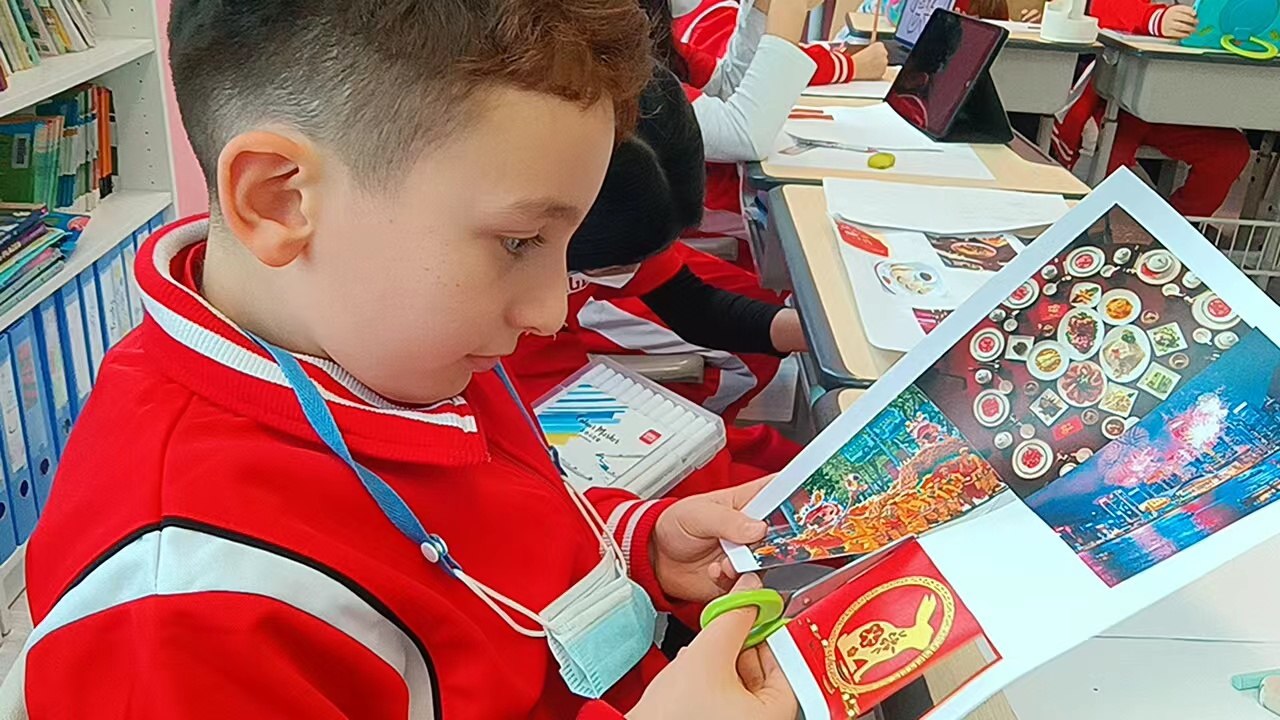

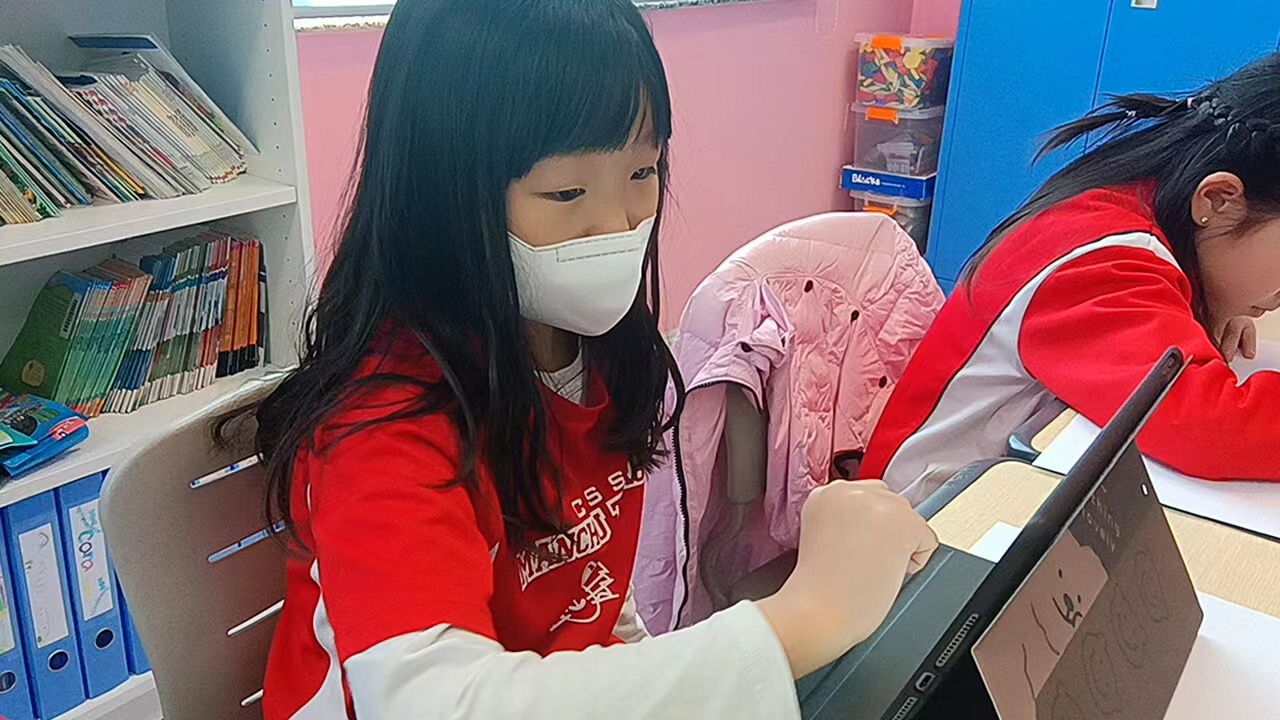
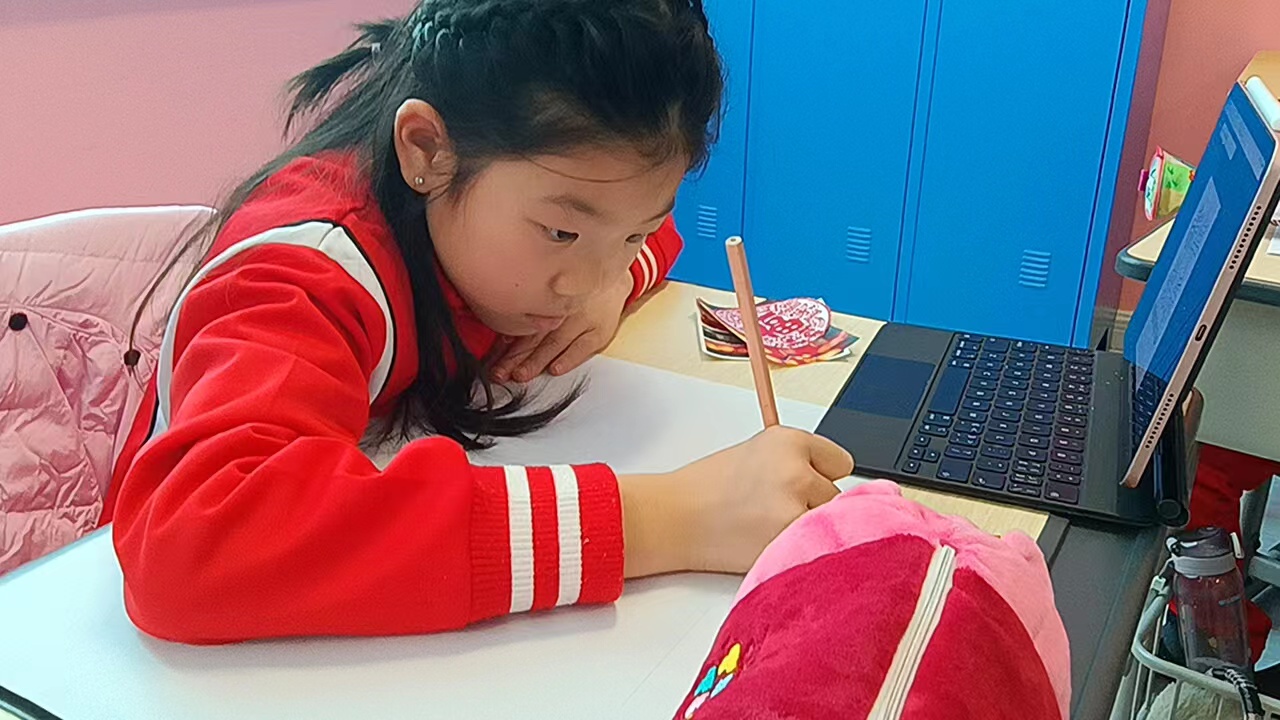


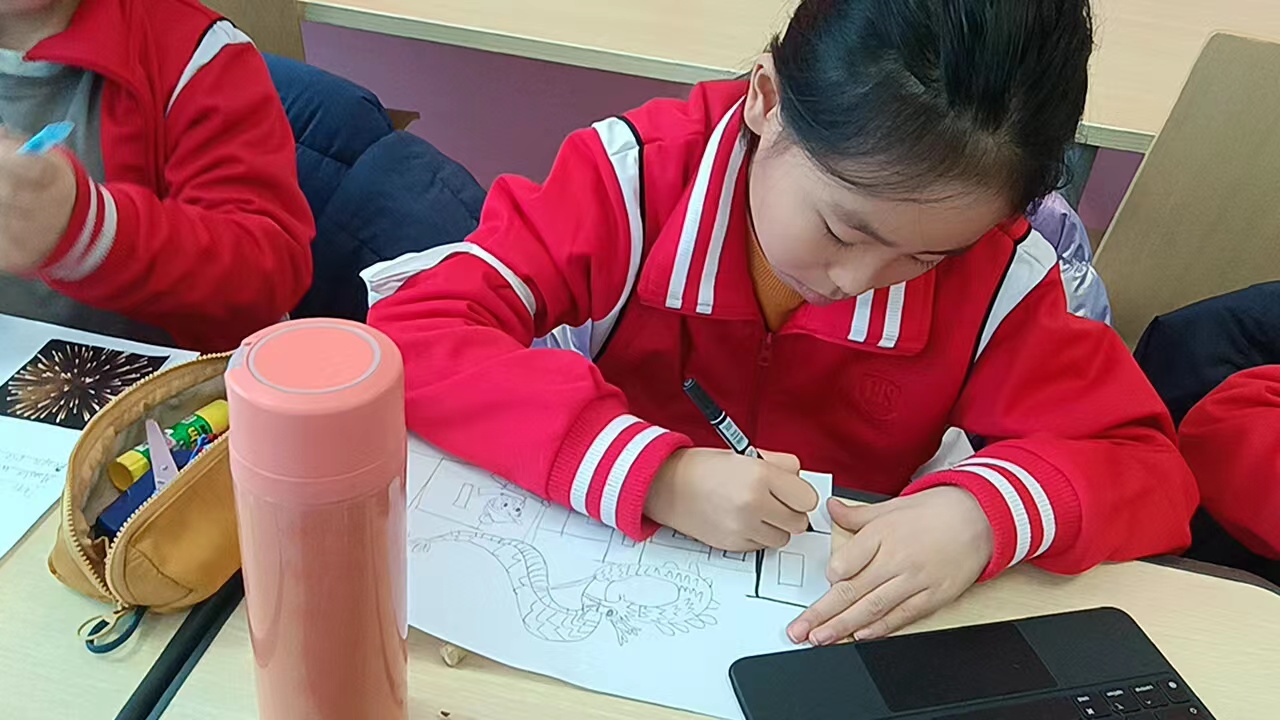


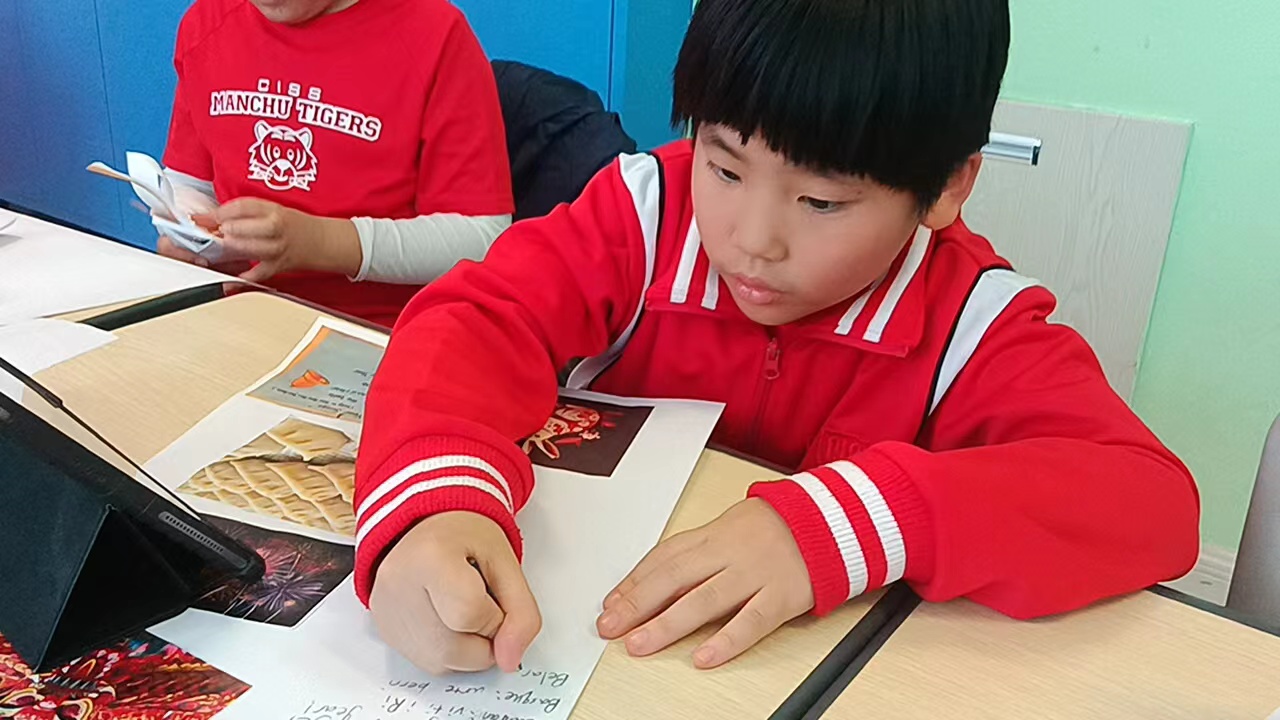
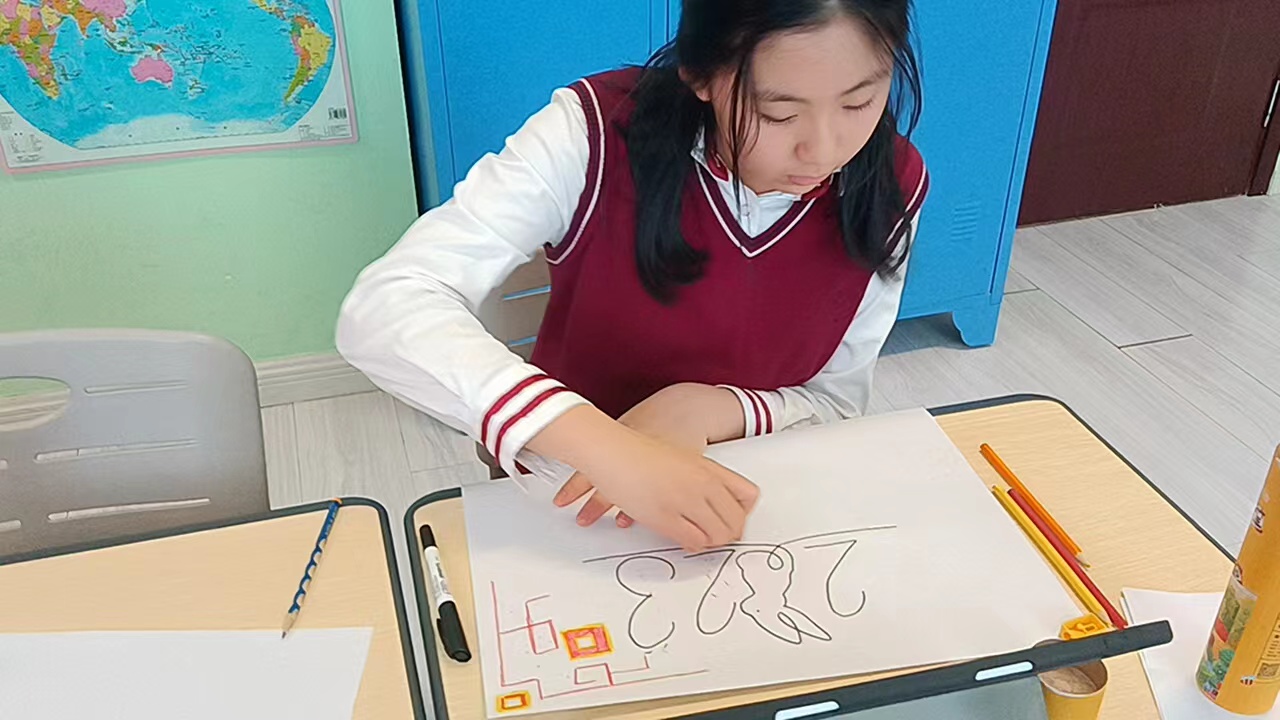
In his book, "The 7 Habits of Highly Effective People," Stephen Covey says, "Satisfied needs do not motivate... next to physical survival, the greatest need of a human being is psychological survival, to be understood, to be affirmed, to be validated, to be appreciated."
As for children, Rudolf Dreikurs (early 20th century psychiatrist and educator) echoes these thoughts, purporting that ‘a child needs encouragement like a plant needs water.” In other words, encouragement is essential. Children may not die without encouragement, but they certainly wither.
When asked about what encouragement meant, Dreikurs said, “To have the courage to be imperfect,”
When we receive (and give) encouragement it makes us feel better. It improves our sense of self-worth. It gives us, even if in a small way, a sense of purpose. If you are feeling “I have purpose”, you start to think, “I can do this. I can be more than I am now” and the way you act will follow: “I have been given opportunities and I will do my best with what I have been given.”
The opposite is also true. If you have low self-worth your feeling is “I am a loser” and you are more likely to think “I will never be good at anything” The actions that follow start with “Why should I even try? I will fail anyway”.



As for children, they are the snowball at the top of a hill. “9 correct” is the gentle push that starts the snowball down the hill. “One wrong” is a big rock that can stop or damage the snowball. When we, as parents and teachers, push the snowball down the hill, what are we shouting?
Sometimes, the snowball will slow down. So, we will need to be there to shout again. Sometimes we will need to shout loudly and other times, not much more than a whisper will be needed.
At CISS, even though the actual words are not used, all around the school, I continually hear… “9 correct… 9 correct… 9 correct…”. As much as possible, we give little ‘Johnny’ the ‘courage to be imperfect’.
参考文献
Covey, Stephen R. The 7 Habits of Highly Effective People: Restoring the Character Ethic. [Rev. ed.]. Free Press, 2004.
Dreikursm Rudolf; Dinkmeyer, Don Sr. Encouraging Children to Learn Abingdon, Oxon: Routledge, 2013



